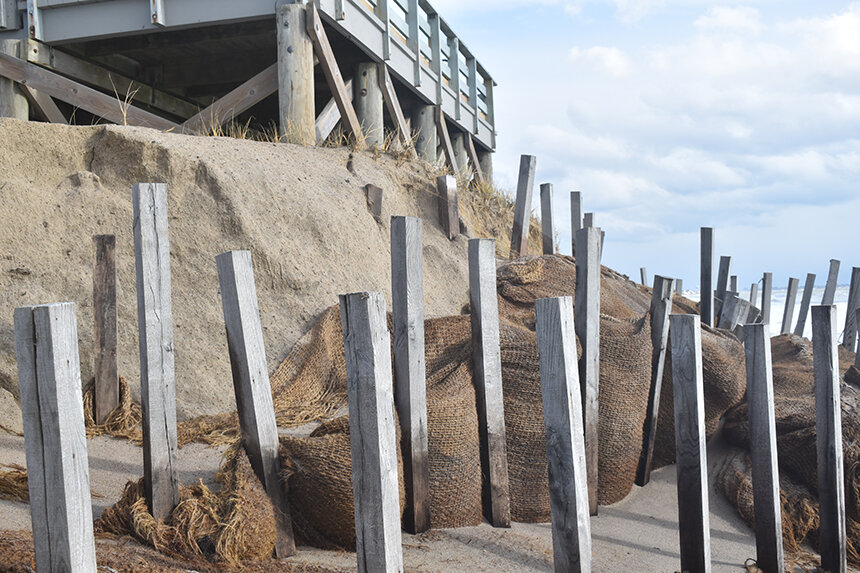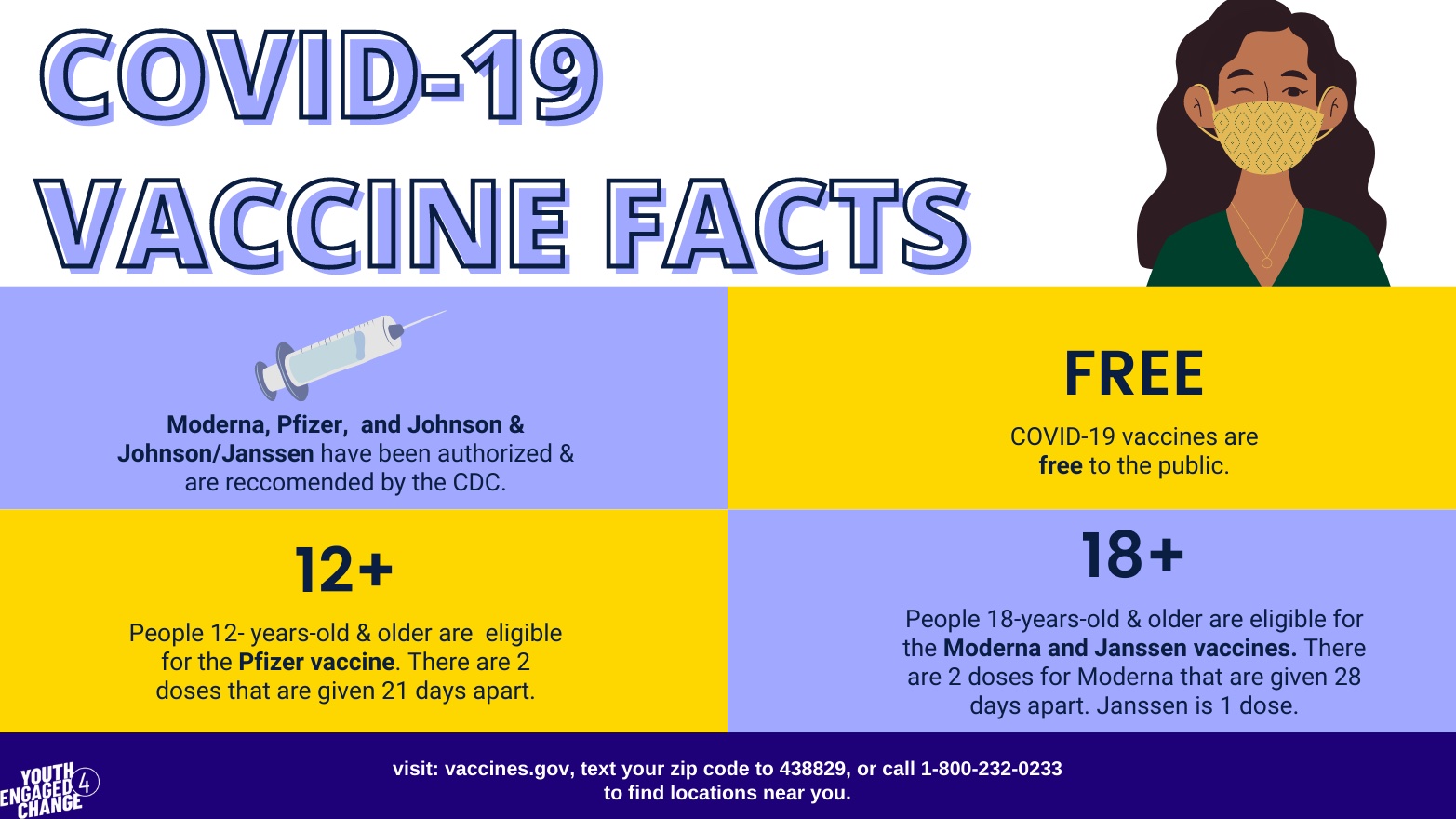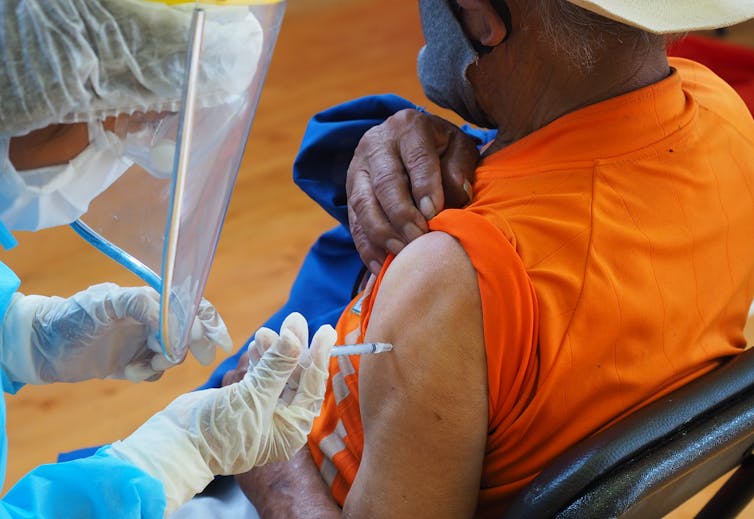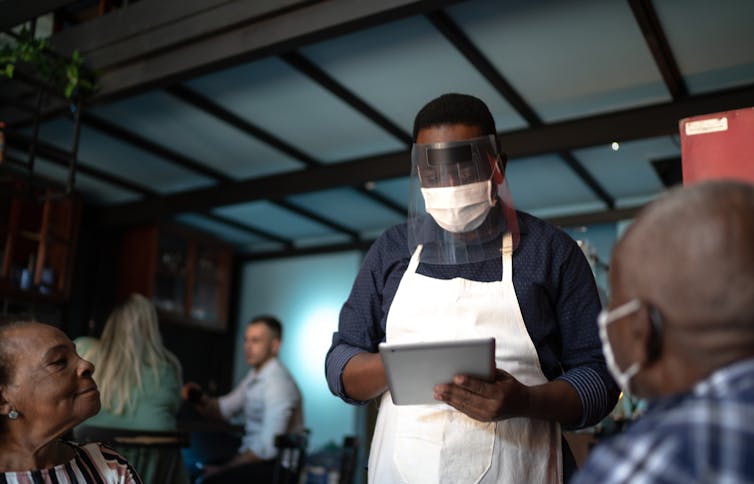Eight Lessons from the Pandemic
By Robert Reich
Maybe
it’s wishful thinking to declare the pandemic over in the US, and presumptuous
to conclude what lessons we’ve learned from it. So consider this list a first
draft.
1.
Workers are always essential.
We
couldn’t have survived without millions of warehouse, delivery, grocery, and
hospital workers literally risking their lives. Yet most of these workers are
paid squat. Amazon touts its $15 minimum wage but it totals only about $30,000
a year. Most essential workers still don’t have health insurance or paid leave.
Many of their employers (including Jeff Bezos and Elon Musk, to take but two
examples) didn’t give them the personal protective equipment they needed.
Lesson:
Essential workers deserve far better.
2.
Healthcare is a basic right.
You
know how you got your vaccine without paying a dime? That’s how all health care
could be. Yet too many Americans who contracted Covid-19 got walloped with
humongous hospital bills. By mid-2020, about 3.3 million people had lost employer-sponsored
coverage, and the number of uninsured increased by 1.9 million. Research by the Urban Institute found that people with chronic disease, Black
Americans, and low-income children were most likely to have delayed or forgone
care during the pandemic.
Lesson:
America must insure everyone.
3.
Conspiracy theories can be deadly.
Last
June, about 1 in 4 Americans believed the pandemic was “definitely” or
“probably” created intentionally, according to a Pew Research Center survey. Other conspiracy theories have caused some
people to avoid wearing masks or getting vaccinated, causing unnecessary
illness or death.
Lesson:
An informed public is essential. Some of the responsibility falls on all of us.
Some of it on Facebook, Twitter and other platforms that allowed such
misinformation to flourish.
4.
The stock market isn’t the economy.
The
stock market rose throughout the pandemic, lifting the wealth of the richest 1
percent who own half of all stock owned by Americans. Meanwhile, from March
2020 to February 2021, 80 million in the US lost their jobs. Between June
and November 2020, nearly 8 million Americans fell into poverty. Black and Latino adults were more than twice
as likely as white adults to report not having enough to eat: 16 percent each
for Black and Latino adults, compared to 6 percent of white adults.
Lesson:
Stop using the stock market as a measure of economic wellbeing. Look instead at
the percentage of Americans who are working, and their median pay.
5.
Wages are too low to get by on.
Most
Americans live paycheck to paycheck. So once the pandemic hit, many didn’t have
any savings to fall back on. Conservative lawmakers complain that the extra
$300 a week unemployment benefit Congress enacted in March discourages people
from working. What’s really discouraging them is lack of childcare and lousy
wages.
Lesson:
Raise the minimum wage, strengthen labor unions, provide universal childcare,
and push companies to share profits with their workers.
6.
Remote work is now baked into the economy.
The
percentage of workers punching in from home hit a high of 70% in April 2020. A majority continue to
work remotely. Some 40 percent want to continue working from home.
Two
lessons: Companies will have to adjust. And much commercial real estate will
remain vacant. Why not convert it into affordable housing?.
7.
Billionaires aren’t the answer.
The
combined wealth of America’s 657 billionaires grew by $1.3 trillion – or 44.6% – during the pandemic. Jeff
Bezos, with $183.9 billion, became the richest man in the US and
the world. Larry Page, cofounder of Google, added $11.8 billion to his $94.3 billion fortune,
and Sergey Brin, Google’s other cofounder, added $11.4 billion. Yet
billionaire’s taxes are lower than ever. Wealthy Americans today pay one-sixth the rate of taxes their counterparts paid in 1953.
Lesson:
To afford everything the nation needs, raise taxes at the top.
8.
Government can be the solution.
Ronald
Reagan’s famous quip – “Government is not the solution to our problem,
government is the problem” – can now officially be retired. Trump’s “Operation
Warp Speed” succeeded in readying vaccines faster than most experts thought possible,
and Biden got it into more arms more quickly than any vaccination program in
history.
Furthermore,
the $900 billion in aid Congress passed in late December prevented
millions from losing unemployment benefits and helped sustain the recovery when
it was faltering. The $1.9 trillion that Democrats pushed through Congress in
March will help the US achieve something it failed to achieve after the 2008-09
recession: a robust recovery.
Lesson:
Government must play an active role solving other fundamental problems – ending
poverty, reducing inequality, battling climate change, and fighting systemic
racism.
Robert Reich's latest book is "THE SYSTEM: Who Rigged
It, How To Fix It." He is Chancellor's Professor of Public Policy at the
University of California at Berkeley and Senior Fellow at the Blum Center. He
served as Secretary of Labor in the Clinton administration, for which Time
Magazine named him one of the 10 most effective cabinet secretaries of the
twentieth century. He has written 17 other books, including the best sellers
"Aftershock," "The Work of Nations," "Beyond
Outrage," and "The Common Good." He is a founding editor of the
American Prospect magazine, founder of Inequality Media, a member of the
American Academy of Arts and Sciences, and co-creator of the award-winning
documentaries "Inequality For All," streaming on YouTube, and
"Saving Capitalism," now streaming on Netflix.
























